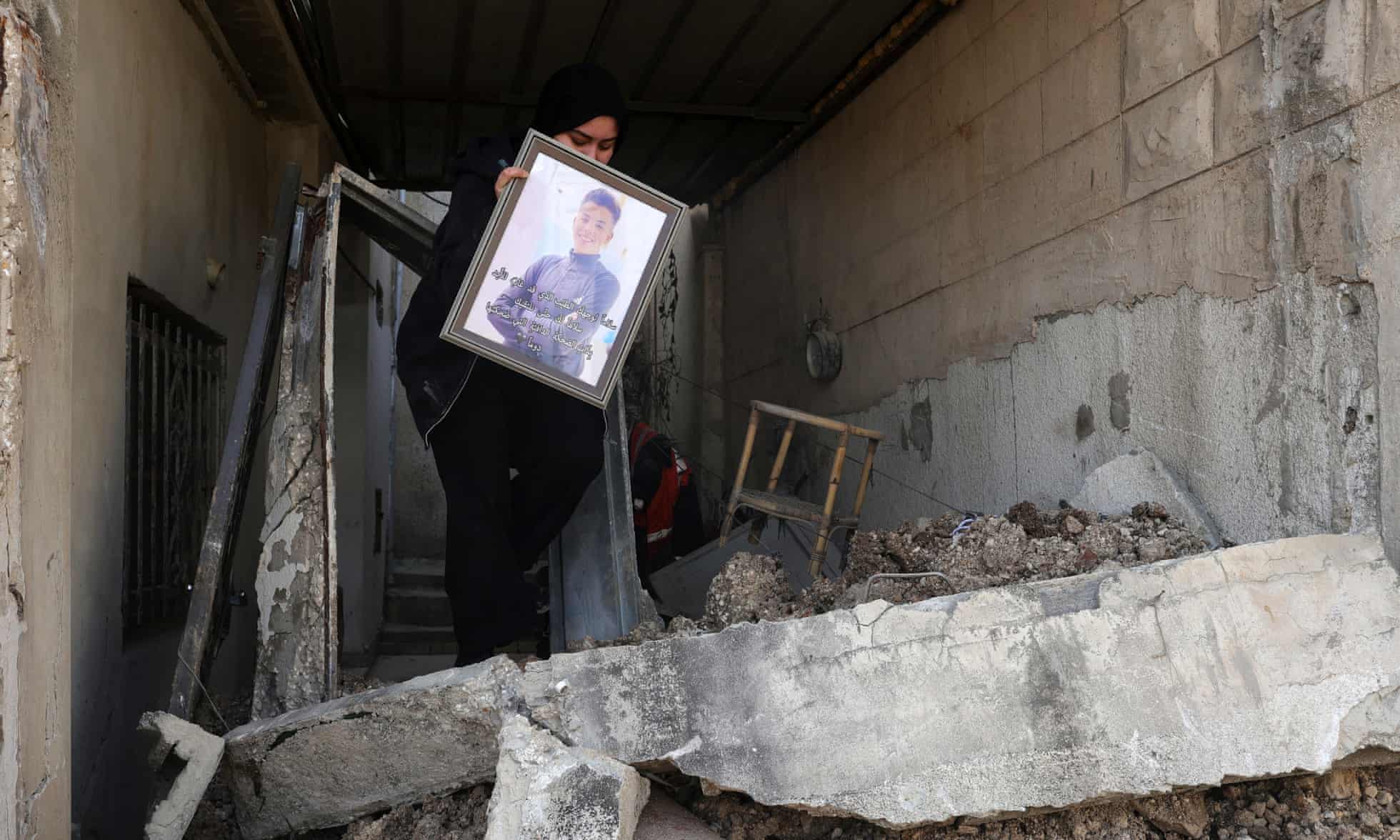 One Middle East catastrophe apparently wasn't enough for some supporters of the 2003 U.S. invasion of Iraq. So they've continued to try to shape policy relating to the region, offering punditry in the wake of each fresh crisis.
One Middle East catastrophe apparently wasn't enough for some supporters of the 2003 U.S. invasion of Iraq. So they've continued to try to shape policy relating to the region, offering punditry in the wake of each fresh crisis.
It wasn't a surprise, then, that they seized on last week's tragic attacks in Paris to argue that the Islamic State group could only be eliminated by their preferred mode of U.S. intervention: large-scale troop deployment.
"If it takes 50,000 troops going in there and cleaning out Raqqa, the capital of the Islamic State, do it," Bill Kristol said on ABC two days after the attack.
We've heard this before. Kristol, the editor of The Weekly Standard, told the Senate in 2002 that he endorsed U.S. military action against Saddam Hussein -- despite the absence of credible links between Hussein and the Sept. 11 attacks that launched the Bush administration's War on Terror.
Other cheerleaders for the war said the absence of such proof didn't matter because the strike would be an essential pre-emptive step. "One of the things the American people learned on September 11 is that there are implacable enemies seeking to destroy us. Everybody knows that. And if those enemies are not identified and disarmed and/or destroyed, 'they will come for us,' to quote the president of the United States," former Sen. Jesse Helms (R-N.C.) said during the same hearing at which Kristol testified.
TVNL Comment: To far too many Americans, the illegal invasion of Iraq is ancient history. They cannot make the connect between the horrors of the Bush era and the ugliness of the present upheaval in the entire Middle East. Read and learn.





 Amid the immense confusion surrounding the US strikes on Venezuela, the seizure of the president, Nicolás...
Amid the immense confusion surrounding the US strikes on Venezuela, the seizure of the president, Nicolás... On Monday, August 6, 1945, after six months of intense firebombing of 67 other Japanese cities,...
On Monday, August 6, 1945, after six months of intense firebombing of 67 other Japanese cities,... Later this month, on the holiday of Purim, Jewish people will dress in silly costumes, eat...
Later this month, on the holiday of Purim, Jewish people will dress in silly costumes, eat...






























